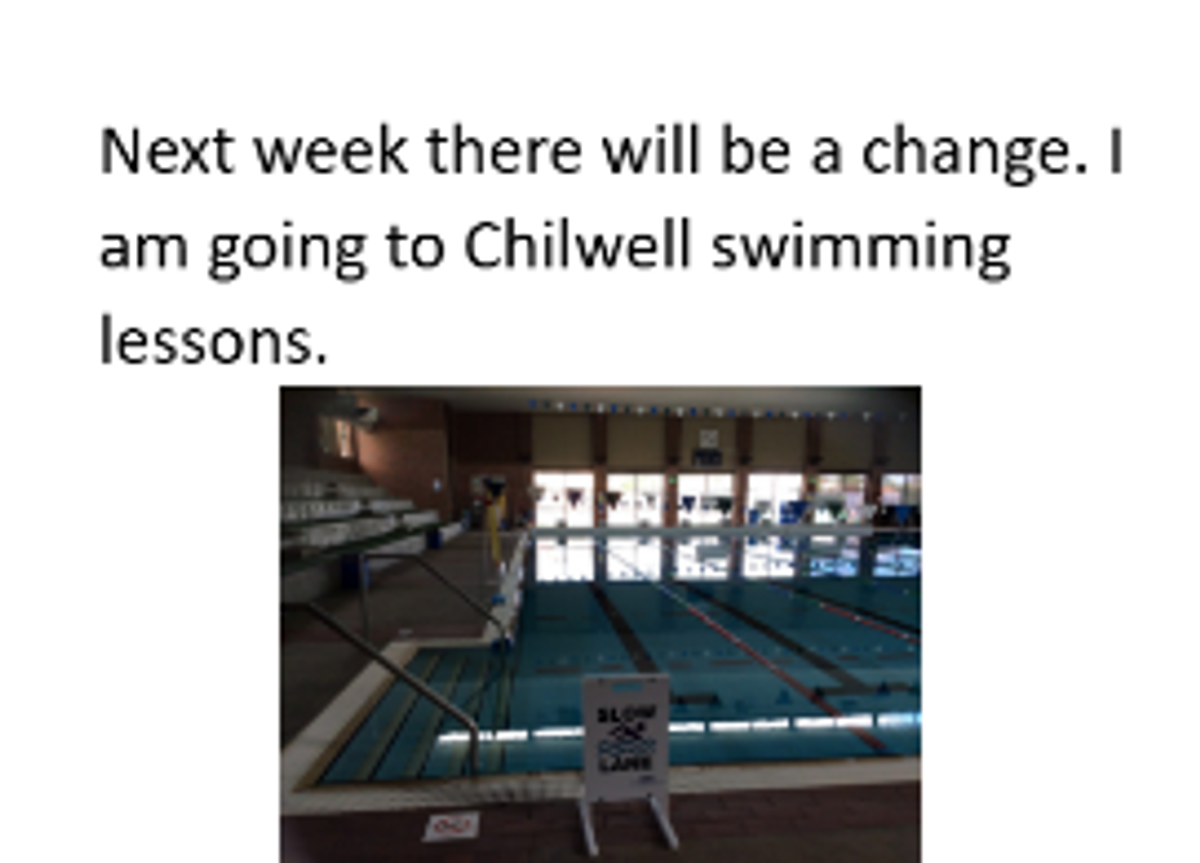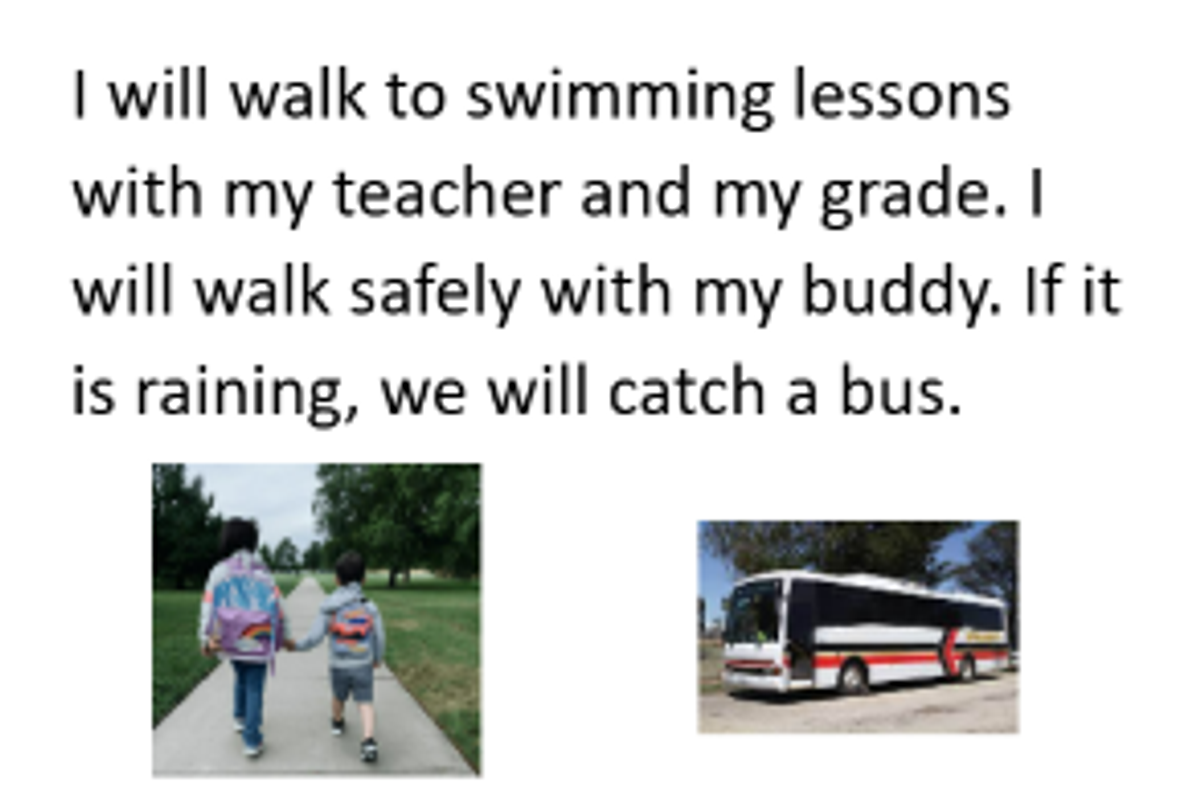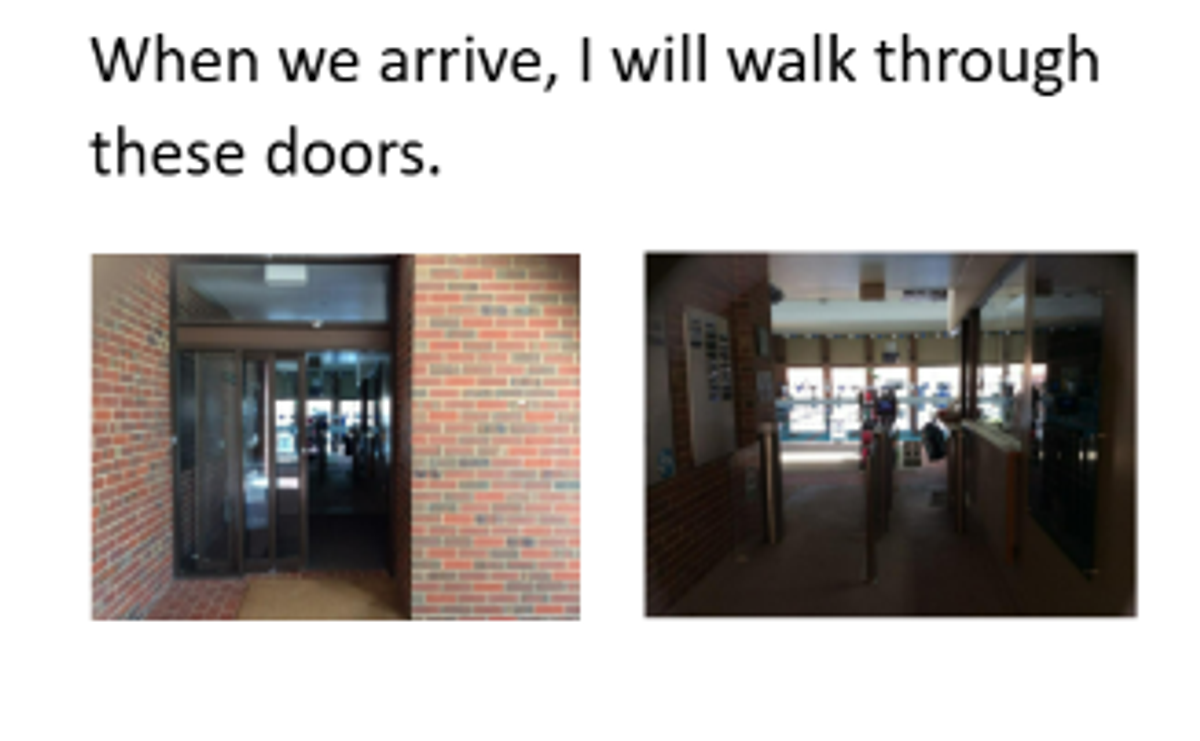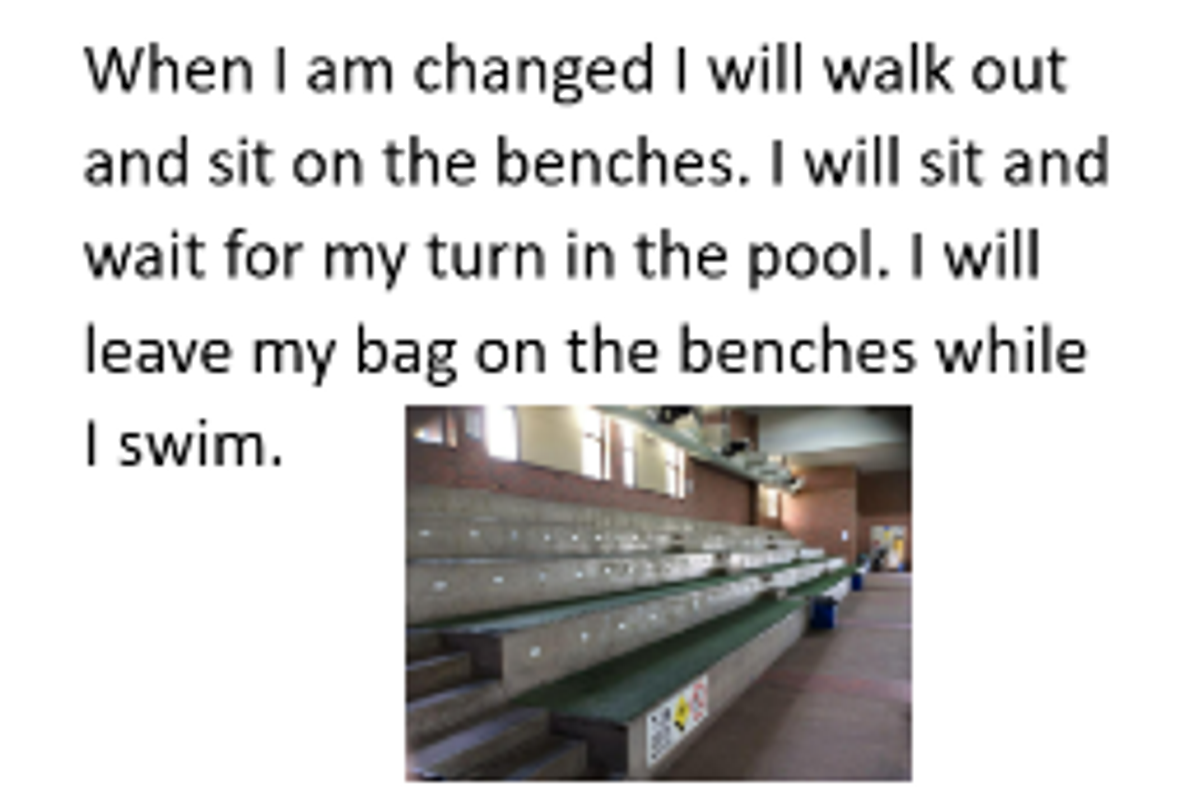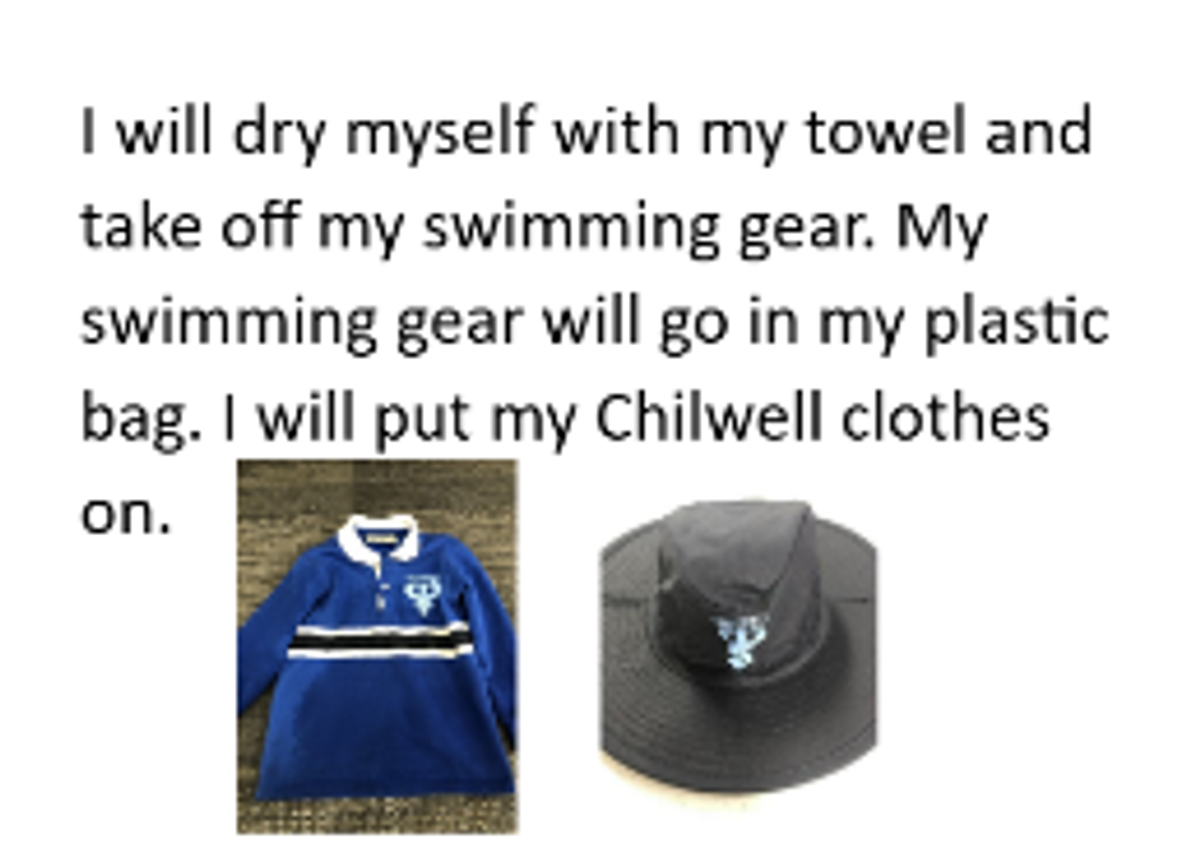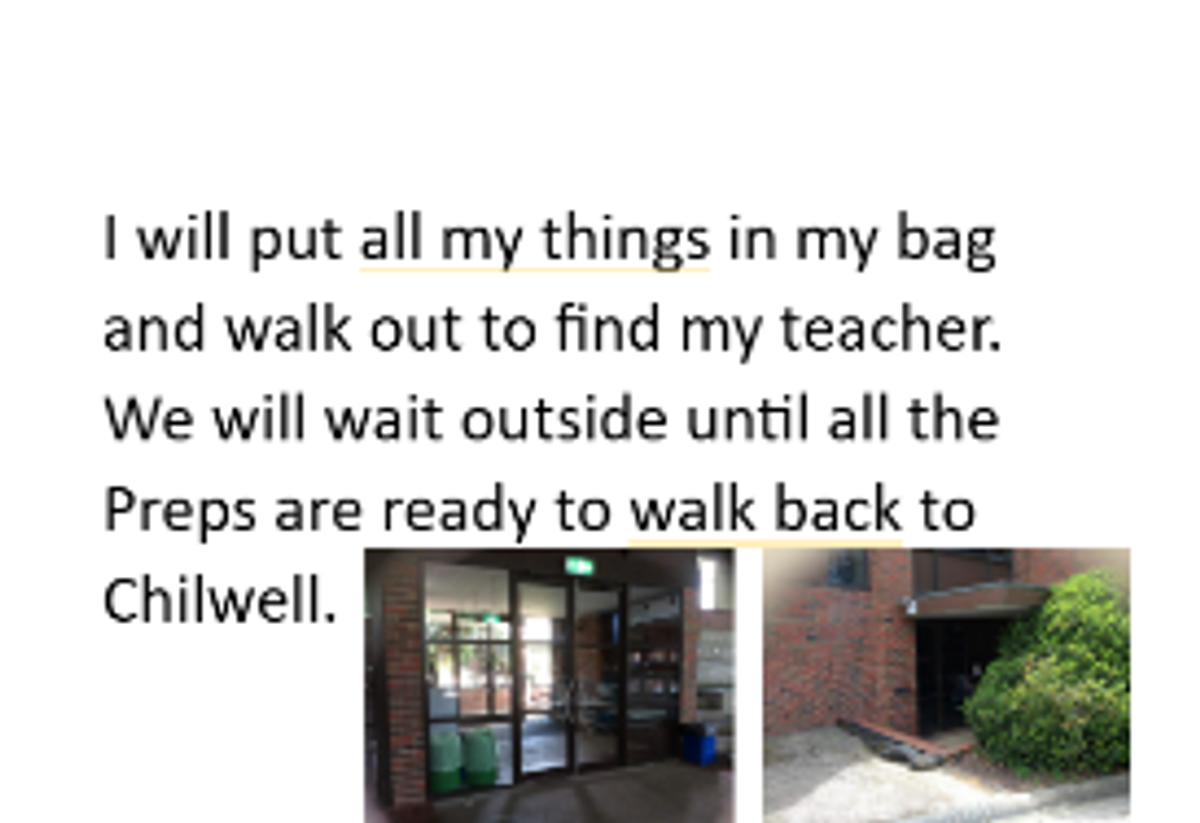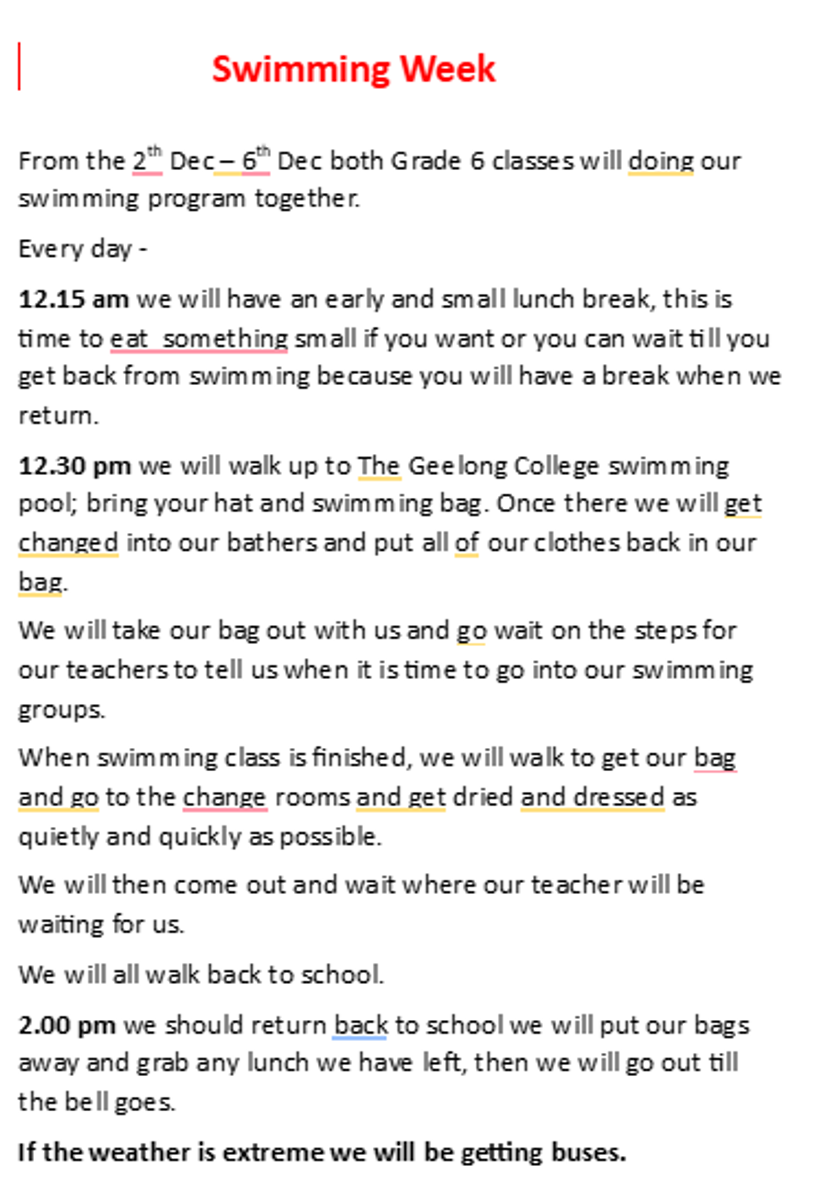WELLBEING AND INCLUSION

Social Stories – What are they?
A Social Story is a simple story that describes a social situation and the appropriate way to act in that situation. Social Stories benefit ALL children.
The story can teach children about a certain event (like their first trip to the Dentist), skill (such as sharing), or topic (for example, how everybody is different). At school we use Social Stories to help prepare students for different social situations. For example, Social Stories for events such as camps, excursions, athletics days and skills like turn taking, personal space, and many more. We use Social Stories with the whole class, small groups of students and individuals.
The simple language and pictures in Social Stories help children at various ages understand what to expect and how to respond in certain scenarios. The presentation of a Social Story can be adapted according to the needs of the student. Here’s an example of parts of a social story for our upcoming swimming program:
Prep Social Story
Below is an example of a swimming social story for older year levels.
Grade 3 Social StoryGrade 6 Social Story
Social Stories are an easy, effective tool that teachers and parents can use to help children learn to adjust their behaviour and emotions according to the situation they’re in. Children thrive when they have routines. Knowing what to expect helps children feel safe and secure and builds independence by giving them a sense of control.
More about Social Stories in the next Newsletter.
For more information click on the link below.
Virginnia Gilham – Inclusive Practices Leader
Social Stories are an easy, effective tool that teachers and parents can use to help children learn to adjust their behaviour and emotions according to the situation they’re in. Children thrive when they have routines. Knowing what to expect helps children feel safe and secure and builds independence by giving them a sense of control.
More about Social Stories in the next Newsletter.
For more information click on the link below.
Virginnia Gilham – Inclusive Practices Leader



